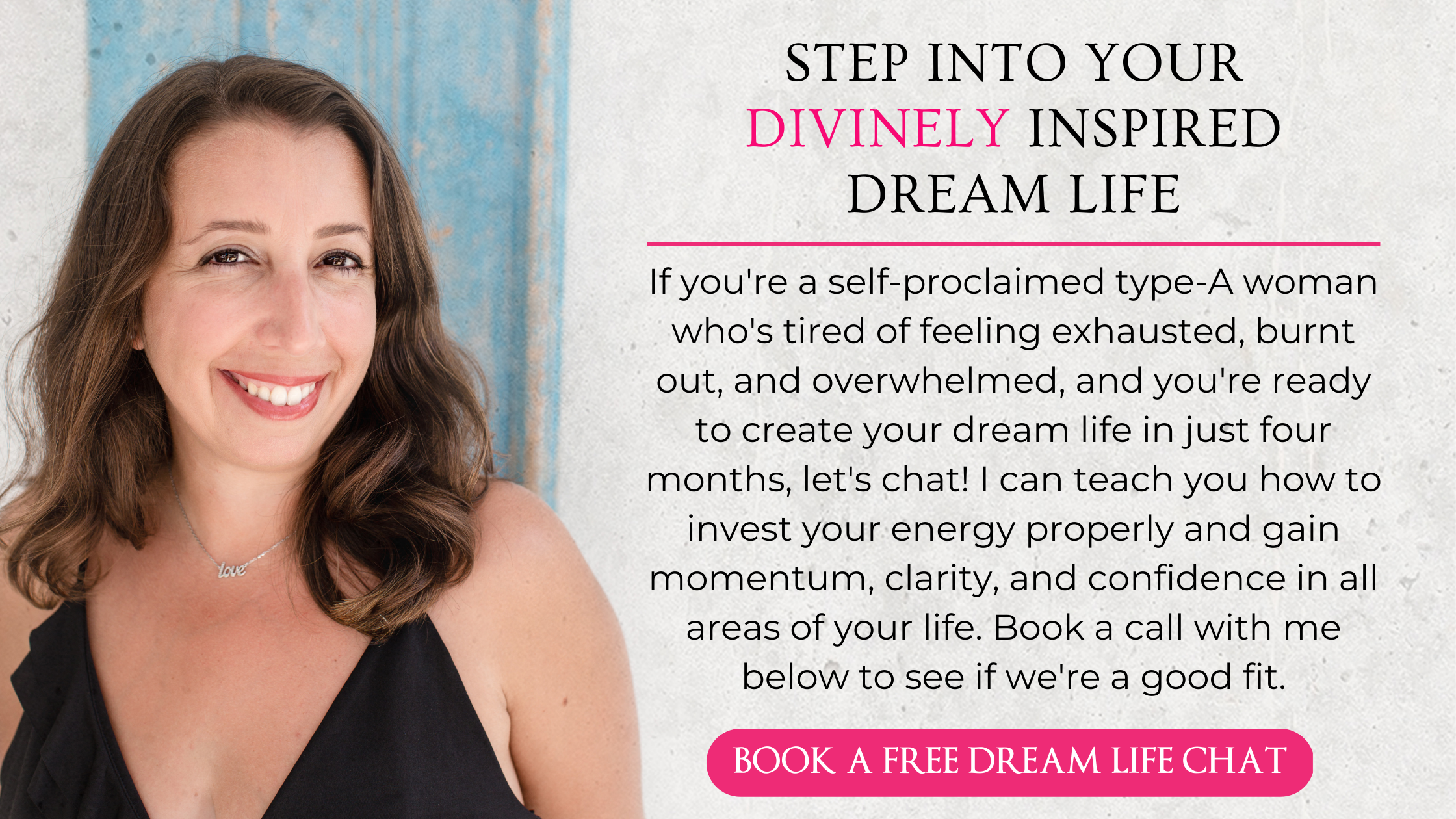Symptoms of low self worth
/Self-worth is another term for self-esteem, or having confidence in your own abilities and worth. When you have high esteem for yourself, you present yourself to the world as a confident, self-assured person.
In this blog, i’m going to break down how low self-worth may be showing up in your life and i’ll share some tips on which actions you can take to increase it.
Confidence is: “the feeling or belief that one can rely on someone or something; firm trust.”
A confident person moves forward even in the face of challenge and adversity. Rather than viewing challenges as a deterrent, they consider themselves capable of overcoming them. They use the challenge as an opportunity to lean on their own resilience and to face the challenge head on. Resilience can also be considered an element of self-worth.
Someone with low confidence may have a difficult time accepting that the challenge is part of life and not necessarily a reflection of who they are as a person. If you struggle with this, it could mean that you blame yourself or others for the problem you’re experiencing because you don’t feel capable of resolving it. Blame prevents you from taking responsibility and while it is a symptom of believing that you’re incapable, it also victimizes you.
When you feel victimized, you wait for someone or something else to save you or intervene. You’ll find that this rarely happens as you would expect, or need it to. Eventually, the challenge you’re facing will be so daunting, you’ll need to slay that dragon.
Confidence is not a representation of your physical abilities, but rather a representation of your emotional strength.
Confidence is actually a by-product of strengthening the following aspects of yourself.
Resilience is “the capacity to recover quickly from difficulties; toughness.”
As you’ve probably guessed, the opposite of resilience is fragility, “not strong or sturdy; delicate and vulnerable.”
Resilience has nothing to do with how you react or respond when you’re faced with a challenge. It’s also known as emotional strength. It’s what happens AFTER the challenge that matters most. A low level of resilience shows up like this:
You feel defeated and walk away (for good)
You begin second guessing all of your dreams and goals just because of one setback.
You’re unable to change, pivot and adapt as necessary
You believe this is the only way and can’t find a way around the challenge.
You are unable to bounce back from feelings of failure or rejection.
The bulleted section below was borrowed from a psychology today article:
Emotionally strong people ...
are less discouraged by setbacks and disappointments.
are more adaptable to change.
are able to recognize and express their needs.
focus on getting around a hurdle rather than on the hurdle itself.
can learn from mistakes and criticism.
tend to see the larger perspective in a challenging situation.
are able to recover more quickly from emotional wounds such as failure or rejection.
Before we talk about the solutions, let’s go over one more major aspect of self-worth.
Capable, “able to achieve efficiently whatever one has to do; competent.”
I often refer to this as feeling capable, but the feeling is not all it is. It’s a deep inner knowing that you have what it takes, whether you call it ability, quality, training, skills and so on. It’s a deep trust in yourself to be able to make the right choices.
Capable and confident go hand in hand. While capable is an internal knowing, confidence is the external manifestation of the internal knowing.
Building up your emotional strength is the first step in gaining more confidence in yourself and your abilities. While I don’t believe there’s a single direct path, any combination of the following is a good first step:
Strengthen your mindset. A few ways to do this is with positive affirmations, declarations and followthrough. If you have a more fixed mindset due to trauma, seek out a healer, psychotherapist or EMDR specialist to help you breakthrough. It’s always helpful to have someone who can see past the blindspot to help.
Heal your triggers. A trigger is the term for a situation that triggers an emotional reaction of you based on an emotional wound you have. Check out my core wound blog for more information on emotional wounds. If you lean into spirituality, find a healer that works with emotional wounding to help you (I can help). There are many other techniques, like EFT (emotional freedom technique or tapping) and much more. You will want to go with a technique that can help you get to the root cause, even if you don’t know what it is.
Focus. One of the surefire best ways to begin building confidence and self-worth is to take action toward your goals daily, even if you’re feeling insecure. It’s the action itself that helps you build grit and resiliency. None of us can solve a problem without beginning to move through it in some way, so the sooner you can move forward even when you’re unsure, the faster you’ll build confidence.
I’ve been helping women strengthen their self-worth and belief in themselves for almost seven years. By making peace with the past and embracing a bright new future, you can gain control over your life and goals. Here is more information on how you can work with me.
Love,
Felicia
Check out my blogs on the core wound series:
1. Core Wound Healing Process
2. Core Wound: Abandonment
3. Core Wounds: What they are and why it matters
4. Core Wound: Responsibility

